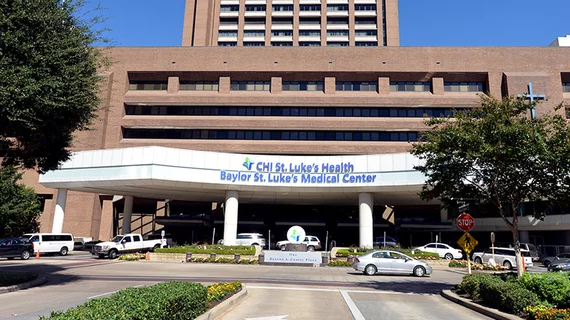St. Luke’s in Houston to lose Medicare funding for heart transplant program
Just a week after Baylor St. Luke’s Medical Center in Houston reopened its heart transplant program, CMS sent a letter to the hospital saying it will cut off funding for the program beginning Aug. 17.
The program was shut down for two weeks as Baylor St. Luke’s conducted an internal review of recent patient deaths. That decision came on the heels of a joint investigation by ProPublica and the Houston Chronicle, which detailed the center’s poor performance on quality measures such as patient survival and hospital lengths of stay.
When the center reopened, the hospital said in a statement it “did not identify systemic issues related to the quality of the program,” but CMS seems to disagree.
In its letter to St. Luke’s dated June 22, CMS pointed out the center’s rate of deaths and graft failures within one year of transplantation are more than double the expected amount based on the most recent Scientific Registry of Transplant Recipients data. The letter also states there are two other heart transplant centers in the Houston area “which are in compliance with the Medicare outcome requirements.”
According to ProPublica, there are 88 patients on the waitlist for a heart transplant at St. Luke’s. Once funding is cut off, they would either have to pay out of pocket or transfer to another hospital.
St. Luke’s could appeal CMS’s decision, but it wouldn’t stop the funding freeze while the appeal is decided.
Read more from ProPublica below:

